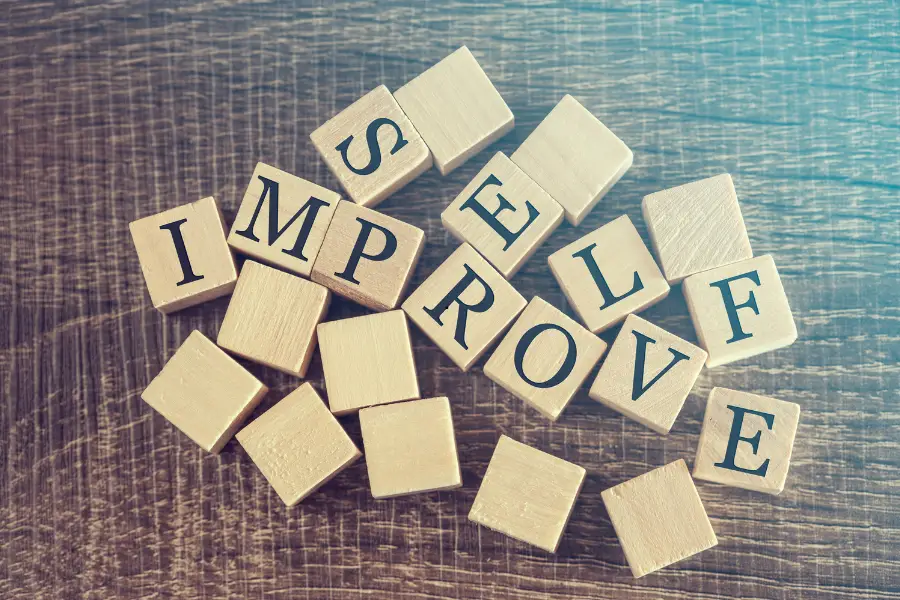Hey, can we talk about something simple but genuinely life-changing? Walking. Just the plain old act of putting one foot in front of the other. No fancy gear. No fitness tracker. Just you, your shoes, and a bit of open space.
Life gets loud. Between constant notifications, endless scrolling, and daily stress, it’s easy to feel disconnected—from ourselves and the world around us. When your mind feels like a tangled mess, the last thing you probably want is another to-do on your list. But what if I told you that walking, something so basic, could help untangle that mental chaos?
Let’s dig into why.
It’s Not Just Physical—It’s Mental, Too
Walking isn’t flashy. You’re not going to break records or hit viral fitness goals. Still, its simplicity is what makes it so powerful. It’s accessible, non-intimidating, and easy to turn into a habit.
After a stressful day, try this: put on your shoes and just step outside. No agenda. No route. Just walk for a bit. Chances are, you’ll start to feel a shift. Your thoughts slow down. Your breathing steadies. That tight feeling in your chest? It starts to loosen. It might seem small, but this moment of calm can be everything.
Also read more about Can’t Sleep? This Ancient Ritual Might Be the Bedtime Game-Changer You Need.
What’s Actually Happening in Your Brain?
Let’s talk science—but keep it light.
When you walk, your body releases endorphins. These are natural chemicals in your brain that lift your mood and reduce pain. At the same time, walking lowers cortisol, your main stress hormone. This combo helps you feel calmer, clearer, and a bit more in control.
And there’s more. Walking involves rhythmic, left-right movement—something known as bilateral stimulation. It’s used in some forms of therapy, like EMDR, to help people process difficult emotions. In other words, a walk isn’t just exercise. It’s mental decluttering.
Stressed Out? You’re Not Alone! A Guide to Stress Management Techniques for Students.
Real-Life Stories: Walking as a Mental Reset
Let’s bring this closer to home.
During the lockdown, my uncle started walking just to get out of the house. What began as a few laps around the block turned into a daily ritual. He didn’t track his steps or time it. But within a month, he was sleeping better, less irritable, and actually looking forward to those quiet minutes outside.
Then there’s Maya, a college student juggling exams, part-time work, and too much screen time. She started walking every evening—no music, no podcast, just silence. She calls it her “mental reset.” Some days she finds answers. Other days, she just breathes better. But either way, she comes back feeling lighter.
How to Start (Without Making It a Big Deal)
Not a “walking person”? That’s totally fine. This isn’t about becoming a fitness junkie or counting every step. It’s about showing up for yourself—even in a small way.
Here’s how to ease in:
- Start short: 10–15 minutes is enough to feel a difference.
- Go at your own pace: Slow, steady, whatever feels right.
- Leave distractions behind: Try walking without your phone—or at least without scrolling.
- Bring a friend or a pet: Walking doesn’t have to be solo.
- Switch up the route: A new street or park can shift your mood more than you expect.
If mornings work for you, a walk before the day starts can set a calm tone. If not, an evening stroll is just as effective. The key is consistency, not timing.
The Benefits of Meditating: A Complete Guide
Nature Helps—But It’s Not a Dealbreaker
Research shows that being in nature boosts mental well-being. Forests, parks, rivers—they’re all calming environments that lower stress levels. So if you have access to greenery, take advantage of it.
That said, don’t feel discouraged if you live in a concrete jungle. Urban walks still count. Walking through your neighborhood, noticing architecture, overhearing snippets of conversation—it still pulls your attention away from stress and into the present.
Even city sidewalks can offer mental stillness if you let them.
Skip a Day? It’s Fine
Let’s keep it real: you’ll miss a day here and there. Maybe even a week. That doesn’t mean you’ve failed.
This isn’t a streak to maintain—it’s a habit that welcomes you back, whenever you’re ready. Walking supports you when you need it, not just when you’re perfect.
So don’t stress if life interrupts. Just pick it back up. No guilt needed.
What If You’re Struggling with Depression?
If you’re dealing with depression or burnout, getting out of bed can feel impossible—let alone going for a walk. That’s real, and it’s okay. Walking isn’t a replacement for therapy or medical help. But it can be a gentle tool in your mental health kit.
Studies show that even light movement can ease mild to moderate depression. For some, walking creates a small sense of control. And on the hardest days, even stepping outside for five minutes is a win.
Start wherever you are. That’s enough.
Unlocking Inner Strength: Inspirational Quotes and Practical Insights for Resilience.
So, Why Not Try?
If your head’s been heavy lately, or you just feel stuck, try walking. Not because it’ll fix everything—but because it creates space. Space for your breath. Space for your thoughts. Space for things to feel a little more manageable.
No plan required. No perfect mindset needed. Just the willingness to take that first step.
Even if you don’t go far, you’ll go somewhere better than where you started.













